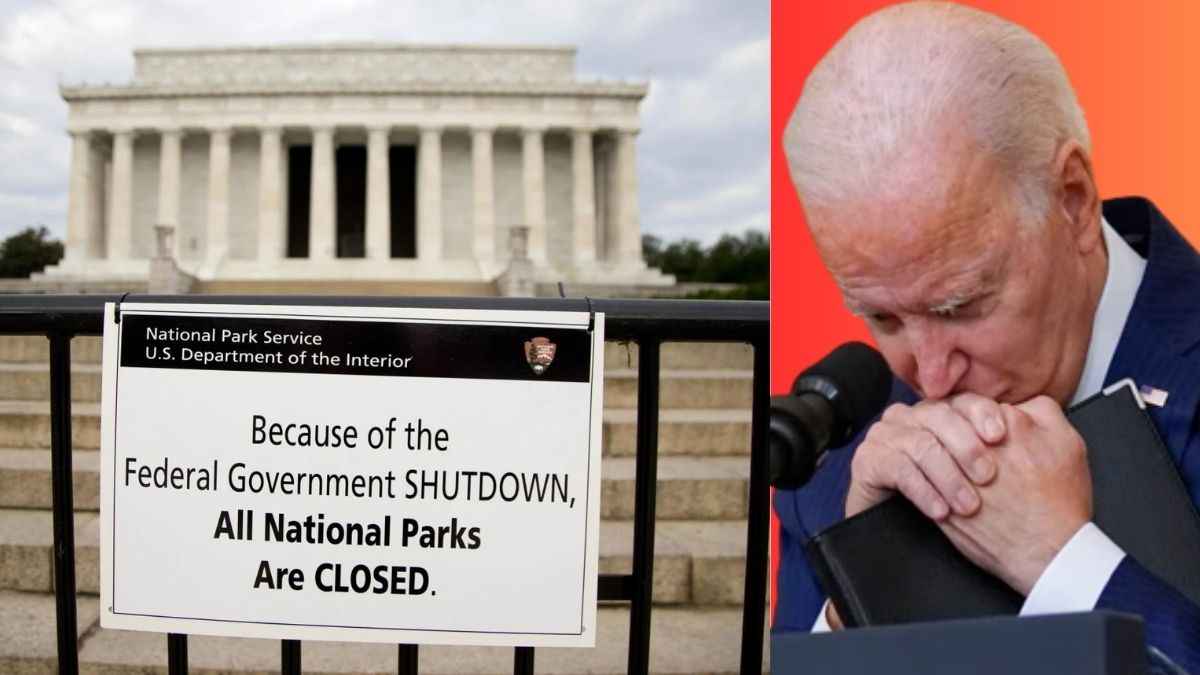Government shutdowns are events that can have far-reaching implications on a nation's economy, governance, and society. Whether it's due to budget disputes, political brinkmanship, or legislative gridlock, understanding the ins and outs of government shutdowns is crucial for citizens. In this Q&A blog post, we'll delve into everything you need to know about government shutdowns, from their causes to their effects and everything in between.
What is a Government Shutdown?
A government shutdown occurs when the legislative branch and the executive branch fail to pass appropriations legislation funding government operations and agencies.
During a shutdown, non-essential government services and agencies are temporarily closed, and federal employees may be furloughed or forced to work without pay until funding is restored.
Causes of Government Shutdowns
Budget Disputes: Government shutdowns often stem from disagreements between political parties or branches of government regarding budget allocations and spending priorities.
Policy Impasses: Disputes over contentious policy issues, such as immigration, healthcare, or national security, can also lead to legislative stalemates and eventual shutdowns.
Failure to Pass Appropriations Bills: If Congress fails to pass the necessary appropriations bills to fund government operations before the start of the fiscal year or a temporary funding extension expires, a shutdown may occur.
Effects of Government Shutdowns
Disruption of Government Services: During a shutdown, non-essential services such as national parks, museums, and regulatory agencies may close, impacting citizens and businesses.
Economic Impact: Government shutdowns can have significant economic consequences, including decreased consumer confidence, delayed government payments, and reduced economic activity.
Employee Furloughs and Financial Hardship: Federal employees deemed non-essential may be furloughed without pay during a shutdown, leading to financial uncertainty and hardship for affected workers and their families.
Impact on Society
Public Health and Safety Concerns: Shutdowns can affect vital government functions related to public health, safety, and security, including food inspections, air travel safety, and disaster response.
Delayed Government Services: Citizens may experience delays in receiving government services such as passport processing, tax refunds, and small business loans during a shutdown.
Social Services and Assistance Programs: Shutdowns can disrupt critical social services and assistance programs, impacting vulnerable populations such as low-income families, seniors, and individuals with disabilities.
Government Shutdowns and the Economy
Stock Market Volatility: Uncertainty surrounding government shutdowns can contribute to volatility in financial markets, affecting investor confidence and asset prices.
Business Disruptions: Government contractors and businesses that rely on federal funding may experience disruptions in operations and cash flow during a shutdown.
Long-Term Economic Consequences: Prolonged government shutdowns can have lasting effects on the economy, including reduced GDP growth, decreased consumer spending, and damage to the country's credit rating.
How Government Shutdowns End
Congressional Action: Government shutdowns typically end when Congress passes a budget agreement or a continuing resolution to fund government operations.
Presidential Intervention: In some cases, the President may negotiate a compromise with congressional leaders or use executive authority to reopen government agencies and end the shutdown.
Public Pressure: Pressure from constituents, interest groups, and affected stakeholders can also influence policymakers to resolve budget disputes and reopen the government.
Preventing Future Shutdowns
Bipartisan Cooperation: Promoting bipartisan cooperation and compromise in Congress can help prevent future government shutdowns by fostering consensus on budgetary issues and policy priorities.
Budget Reform: Implementing reforms to streamline the budget process and avoid last-minute funding deadlines can reduce the likelihood of future shutdowns and promote fiscal stability.
Public Engagement: Encouraging civic engagement and holding elected officials accountable for their actions can empower citizens to advocate for responsible governance and prevent future shutdowns.
Conclusion
Government shutdowns are complex events with wide-ranging implications for society, the economy, and governance. By understanding the causes, effects, and consequences of government shutdowns, citizens can better navigate these challenging times and advocate for effective solutions to prevent future disruptions. Through bipartisan cooperation, fiscal responsibility, and public engagement, we can work towards a more stable and resilient government that serves the needs of all its citizens.
In summary, government shutdowns are not merely political events but have tangible effects on people's lives and the economy. It's essential to stay informed and engaged to mitigate the impact of such events and work towards a more functional and responsive government.

No comments:
Post a Comment